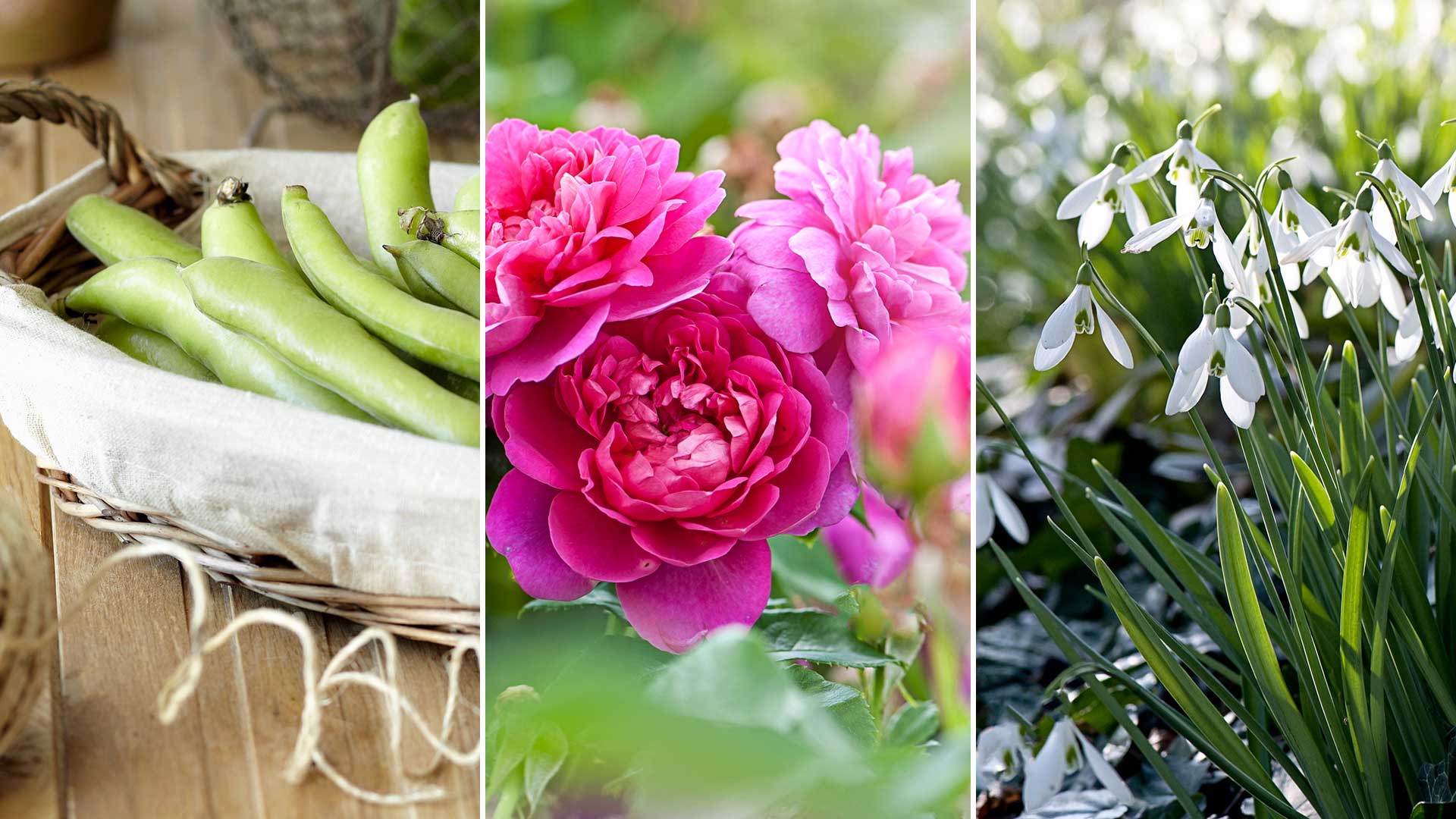
Many gardeners wonder what to plant in February, as there’s still a chance of frost (even snow), and spring still seems a long way off. However, now is a great time to think ahead to warmer days in the garden by introducing some new additions.
As long as the ground isn’t frozen or waterlogged, some of the very best plants can be brought into your plot this month, where they can begin to establish themselves. This will set them up for a stellar performance later in the year, similar to pruning plants in January.
You can also get ahead by starting some seeds off on a sunny windowsill, or in your greenhouse. And, if you fancy a bit more colour in your garden right now, there are some tough winter flowers perfect for February pots.
Below, you’ll find eight recommendations for what to plant in February. Plus, there’s expert advice from professional gardeners on planting and ongoing care, for the best chance of success.
8 things to plant in February in borders, pots, and seed trays
While February isn't the ideal time to aerate your lawn or get rid of moss, if you're looking for a gardening job to tick off, there are plenty of planting opportunities.
Make sure you're equipped with everything you need before starting. These tweed gardening gloves from Crocus are both pretty and practical, while this Spear & Jackson hand trowel from Amazon is a well-rated tool that's great for planting up pots.
For sowing seeds indoors, you'll need seed trays, such as these ones from Suttons. And if you're planning on planting shrubs, this garden spade from GardeningExpress will come in useful.
1. Pansies
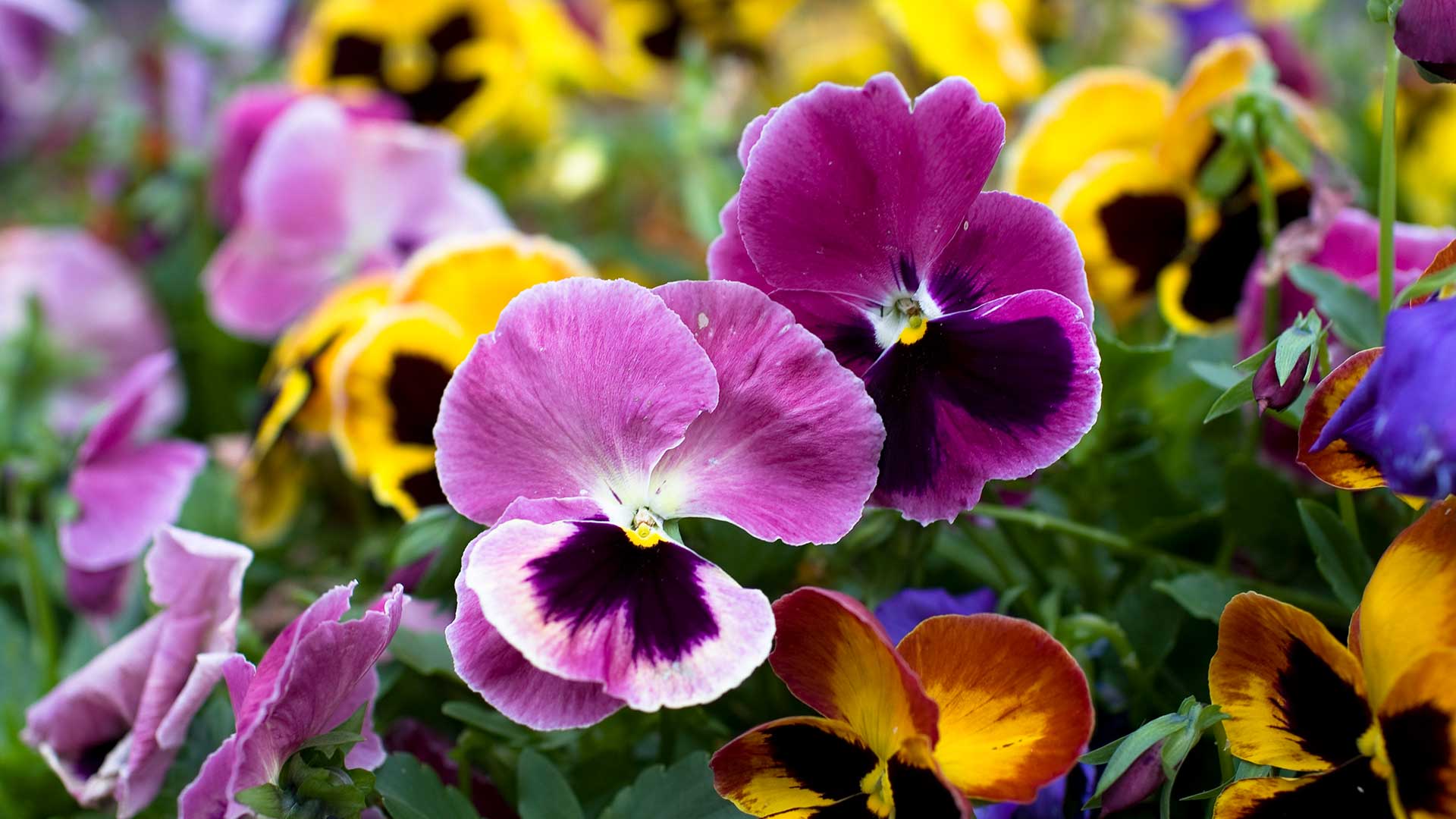
If you’re looking for a quick fix to brighten your garden, consider planting some pansies. They may be small, but they’re tough plants that will put up with February temperatures.
They’re available as plug plants at this time of year from most nurseries and garden centres. "Plant your pansies at the same depth as they were in their containers, spaced about 20-25cm apart," recommends Josh Novell, gardening expert and director of Polhill.
"Water consistently to keep the soil evenly moist, and apply a layer of mulch for moisture retention. It is important to deadhead spent flowers regularly to encourage continuous blooming," he adds.
You can also sow pansies from seed indoors now, for flowers in late spring. Pansy seeds can be bought from Suttons.
2. Sweet peas
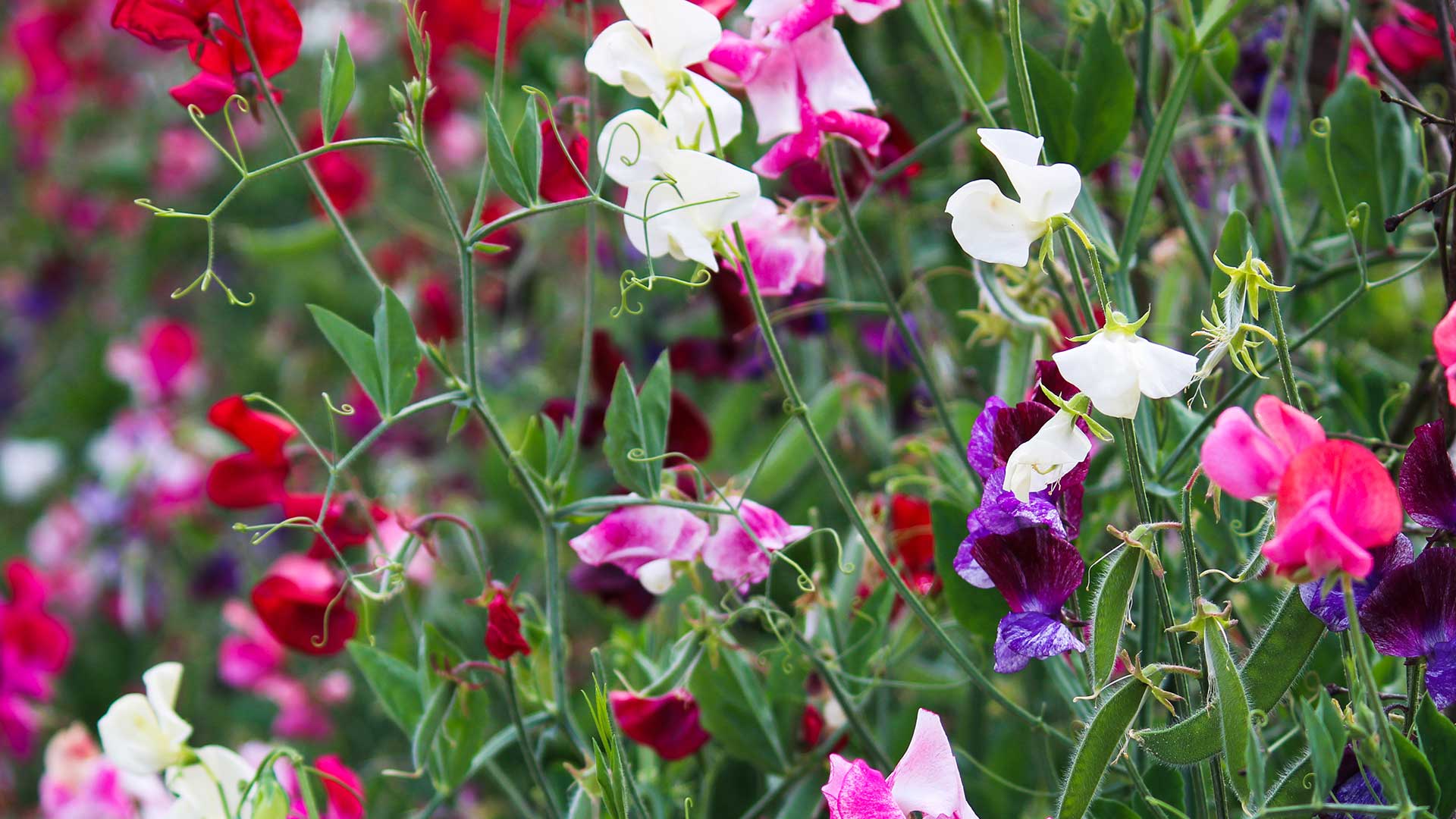
With their gorgeous fragrance and scrambling nature, sweet peas are a summer stalwart for any garden, especially those blooming with on-trend cottage garden ideas.
And while hot and hazy days are a long way off, you can start sowing these flowers now in preparation – provided you do so indoors (a sunny windowsill works well). They will flower earlier than if you waited to plant them directly outdoors in a couple of months.
Sweet peas grow long taproots, so swap out a standard seed tray for root trainers, such as these ones from Amazon. Spreading the seeds on a damp piece of kitchen towel for a day or so before you plant them can help soften their outer coating and improve germination results.
Once they have grown a few pairs of leaves, pinch out the tops to encourage them to bush out. They can be planted out when frosts have passed, alongside a sturdy support. Remember to harden them off, first, so as not to shock them.
Once planted outdoors, Chris Bonnett of GardeningExpress recommends watering them regularly at the base. Take care of any weeds growing nearby, as they may hinder their development, he adds. Don't forget to get rid of weeds in your grass, too – early spring is a great time to do so.
Sweet pea seeds can be brought from Sarah Raven.
3. Forsythia
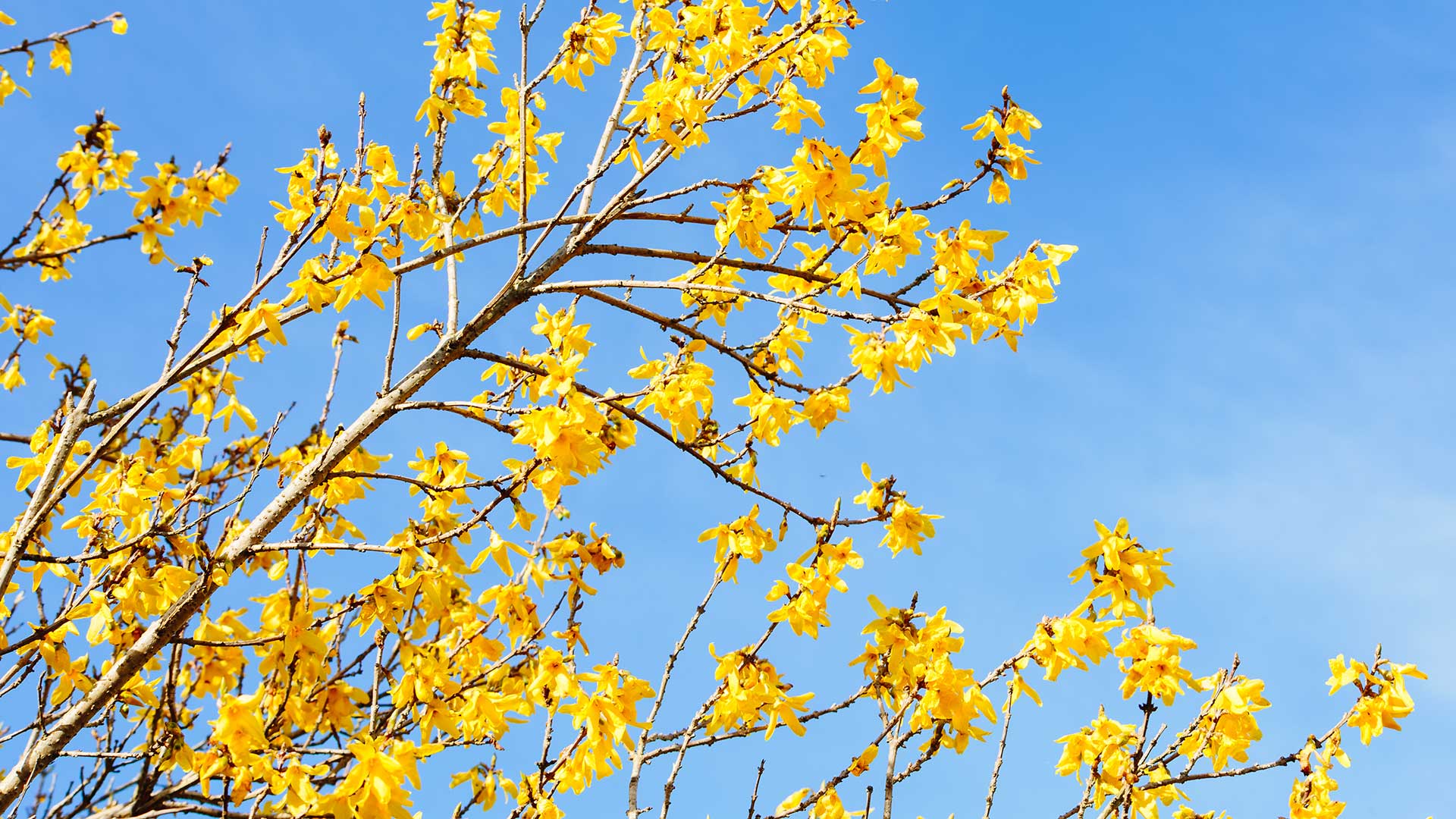
"This deciduous shrub is hardy and easy to grow, providing a burst of colour to your garden just as winter begins to soften," says Josh. It can be grown as a stand-alone shrub or used in hedging, he adds.
You can buy forsythia potted (try Crocus for a variety of forsythia in pots) for a variety). You may also find them available as bare-roots.
"When deciding where to plant your forsythia, it’s important to choose a sunny to partially shaded location with well-drained soil," Josh says. "Water regularly during dry spells, especially during the first year of growth."
After these perennials have finished flowering, Josh offers a top gardening tip by recommending giving them a prune to control their size and shape. He adds that mulching around the base will suppress weeds and retain soil moisture.
4. Roses

Planting bare-root roses in February allows time for the roots to establish before the growing season, says Russell Birchell, the founder of Hedging UK. Early planting tends to be rewarded with beautiful blooms, he adds.
Before you plant them, Russell recommends soaking the roots in water for a few hours and cutting back any damaged canes and roots. They prefer a sunny planting location, with well-draining soil, he adds. They can be planted directly into the ground or in outdoor containers.
It’s not just bare-root roses – you can plant pot-grown roses now, too – with lots of rose varieties available from Crocus. Water them in their containers just before planting, and again, choose a sunny location to enjoy these classic cottage garden plants at their best.
5. Broad beans
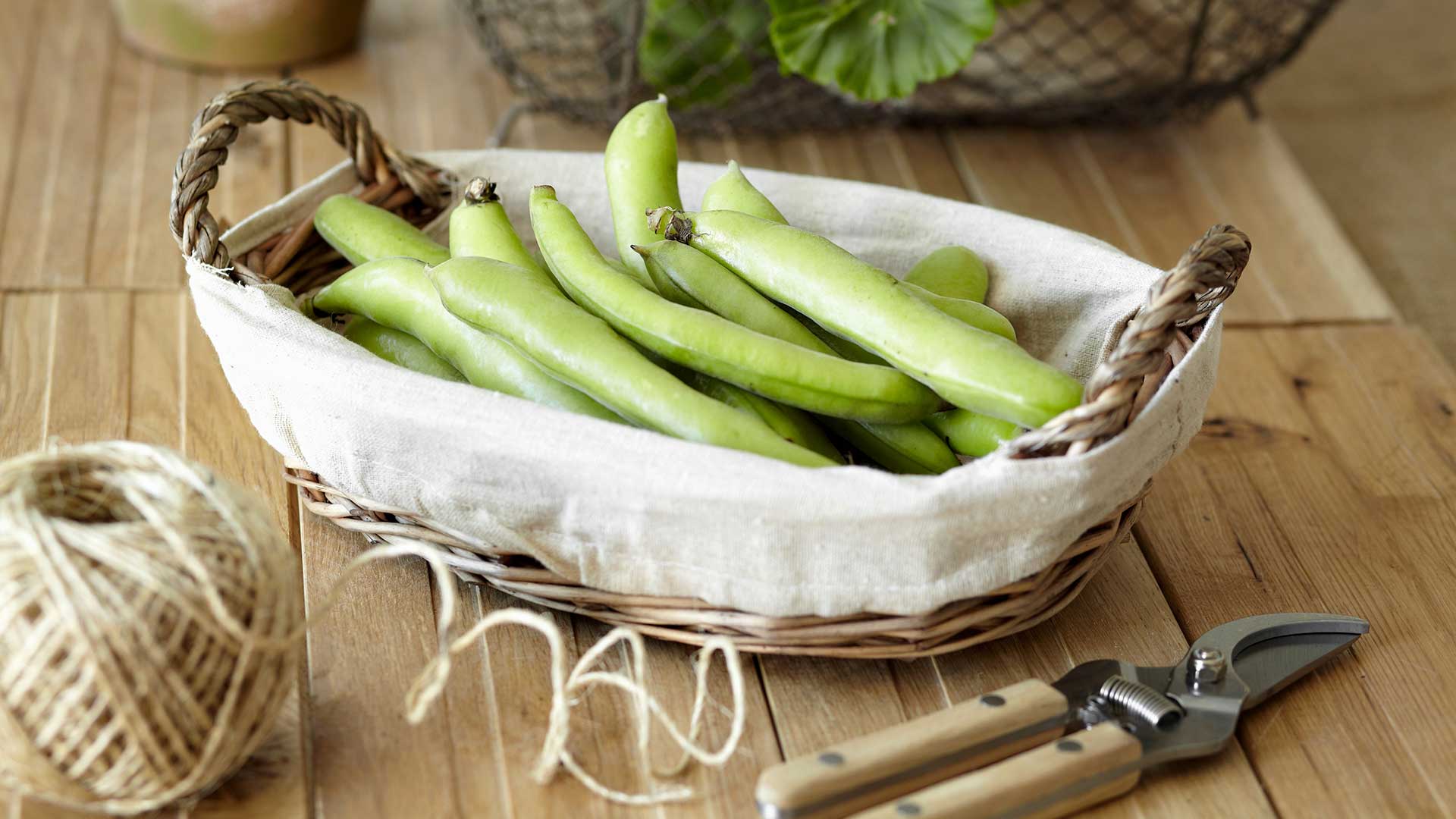
February is the month to get ahead with early vegetable gardening. Sowing hardy varieties of broad beans now, such as "The Sutton" from Suttons, will give you an early crop.
You can start them in trays in your greenhouse, for planting out in spring. Or, if you live somewhere with milder temperatures, plant them directly outdoors. For the latter, sow them in single or double rows, into well-draining soil that's cleared of weeds and dug over with plenty of organic matter, such as garden compost. Choose a site that is both sheltered and sunny.
If you've planted them outdoors, protect them with horticultural fleece (available from Amazon) or cloches during cold snaps.
6. Primroses
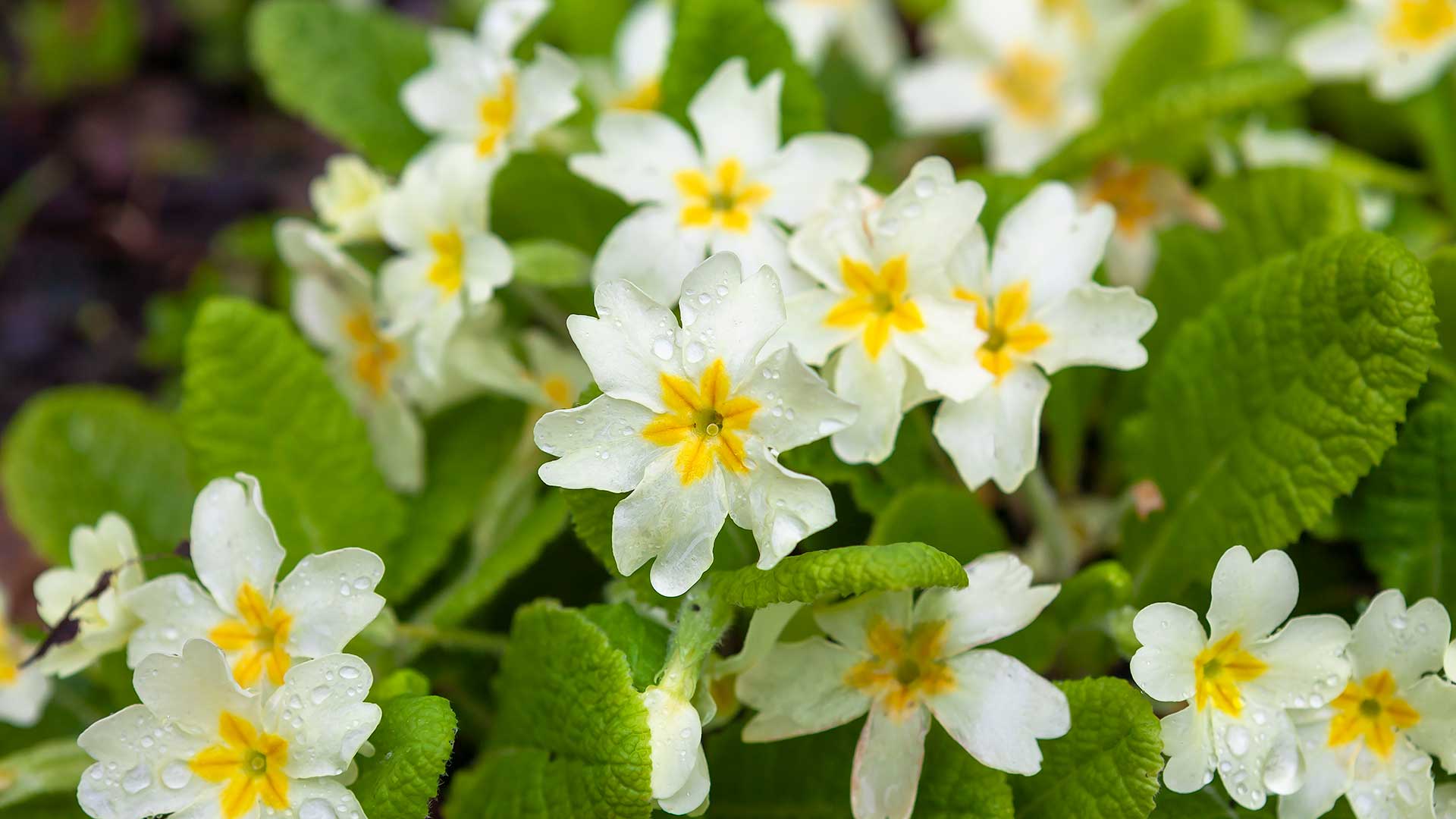
Emma Fell, the head of learning and development at Hillier Garden Centres, says, "If you're looking for a way to add a splash of colour to your garden early in the spring, February is the perfect month to plant primroses. These native wildflowers of Britain are some of the most attractive and easy-to-grow perennials you can find.
"They come in a range of shapes and sizes, and can create a beautiful carpet of colour in any area, whether in pots or scattered amongst borders." A burst of cheery colour is the ideal way to enhance any garden design, ready for spring.
Emma recommends spacing them six to 12 inches apart and planting them four to six inches deep in moist soil. "As part-shade lovers, primroses are fantastic when planted underneath shrubs and trees. Water them thoroughly after planting and keep the soil moist throughout the season by adding a layer of mulch."
Try "Cottage Cream" primroses, from Crocus, for creamy-coloured petals with orange centres.
7. Dahlias
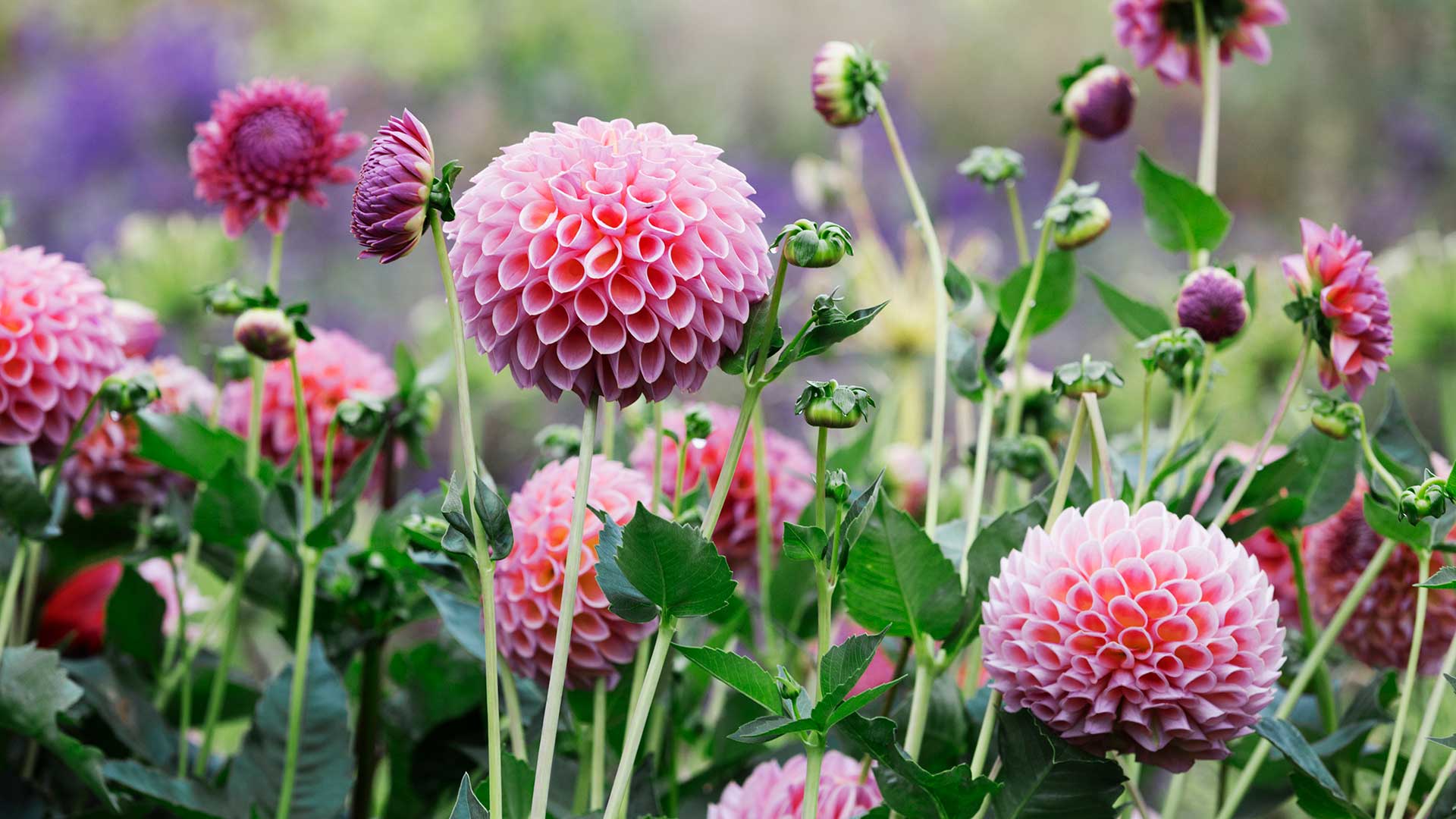
Growing dahlias has become an incredibly popular garden trend in recent years. And while it's still too cold to plant them outdoors, you can start tubers off in a frost-free place in February. This will give you earlier flowers.
Plant the tubers with the stalks above soil level, then water them in lightly and keep them somewhere bright. They can be planted out once all risks of frosts have passed, usually in late spring, into a sunny spot.
8. Snowdrops
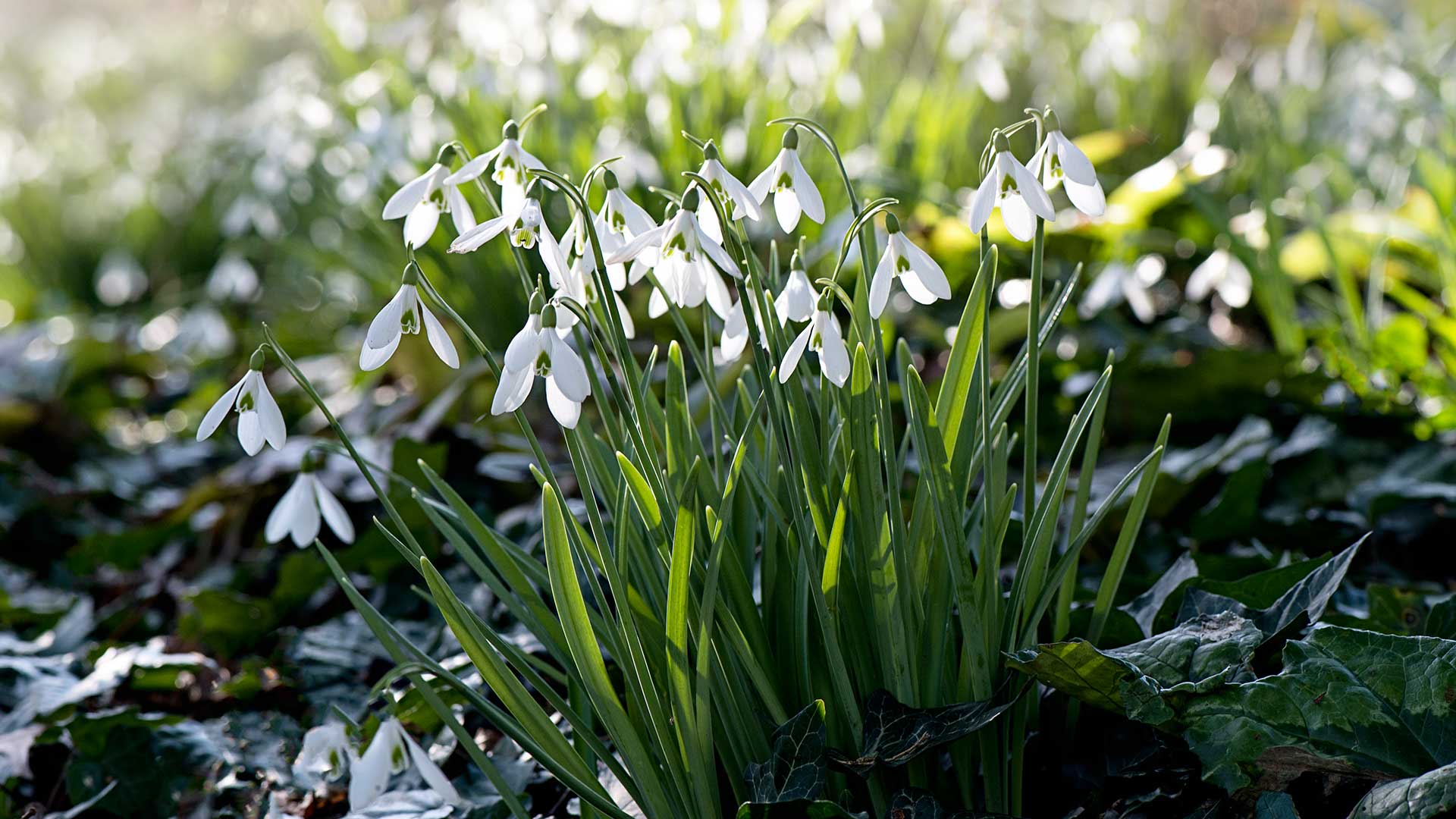
According to gardening expert Sarah Raven, February is the perfect time to plant snowdrops ‘in the green’, which is when they still have green leaves and are in active growth.
You can buy snowdrops from the Sarah Raven online shop at this time of year. Planting them in this way usually has better results than planting snowdrops as bulbs in autumn.
These late-winter flowers are woodland plants and thrive in dappled shade. Planting them beneath trees and shrubs, in moist but well-drained soil, is ideal. Let the leaves die back naturally, as they will feed the bulbs for new growth and flowers next year. Over time, they will spread into clumps, so are a great garden investment.
Just remember to avoid them when you go to do your first lawn cut after winter.
What bulbs can I plant in the UK in February?
When wondering what to plant in February, your first thought may be early bulbs, such as daffodils. But while they’re the great heralds of spring, they are best planted in the autumn. You can buy a few potted bulbs from your local garden centre for planting in patio pots – but it will be cheaper to buy dry bulbs in bulk later in the year. Do plant your snowdrops now though, as mentioned above.
If you’ve forced hyacinths indoors, and they’ve already flowered, Sarah Raven suggests planting them in your garden rather than throwing them out. "Choose a sunny spot, dig a circle, line it with grit, and turn out the bulbs," she instructs. Then, cover them with some more grit mixed into the soil, making sure you leave the foliage intact rather than cutting it back, she says. "It may take a couple of seasons before they flower again."
You can also plant some summer bulbs in pots in your greenhouse, such as lilies (available at the Sarah Raven online shop), which can then be planted outdoors later in the year. "I’d suggest choosing the amazing taller varieties for the back of the beds, such as ‘Casa Blanca’ or Asiatic ‘Nerone’, while opting for shorter ones like speciosum var. rubrum ‘Uchida’, or ‘White America’, for your pots," says Sarah.
Agapanthus are also a good option for planting now under cover.
Is February too early to plant flowers?
Many flowers can be sown from seed in February, including cosmos, zinnias, and hollyhocks, although it's best to do this indoors until temperatures warm up a bit. You can also plant hardy winter flowers bought in pots from garden centres, such as cyclamen, primroses, pansies, and crocuses, to create pretty displays now.
In contrast, February is generally considered a little too early to plant grass seed – you'll need to wait a few weeks longer.
What is the best plant to grow in February?
The best plant to grow in February depends on your garden, as well as your own personal tastes. For instance, you may wish to grow flowers for cutting, in which case, now's a great time to sow many annual seeds indoors, or get roses in the ground. Or, if you're planning a vegetable garden this year, broad beans might be your first go-to for sowing. Or you're simply looking to recreate the 'quiet luxury' garden trend with simple planting.
Just remember that plants will only flourish if you have the right spot for them, so do check you have a suitable location before investing your time and money.







